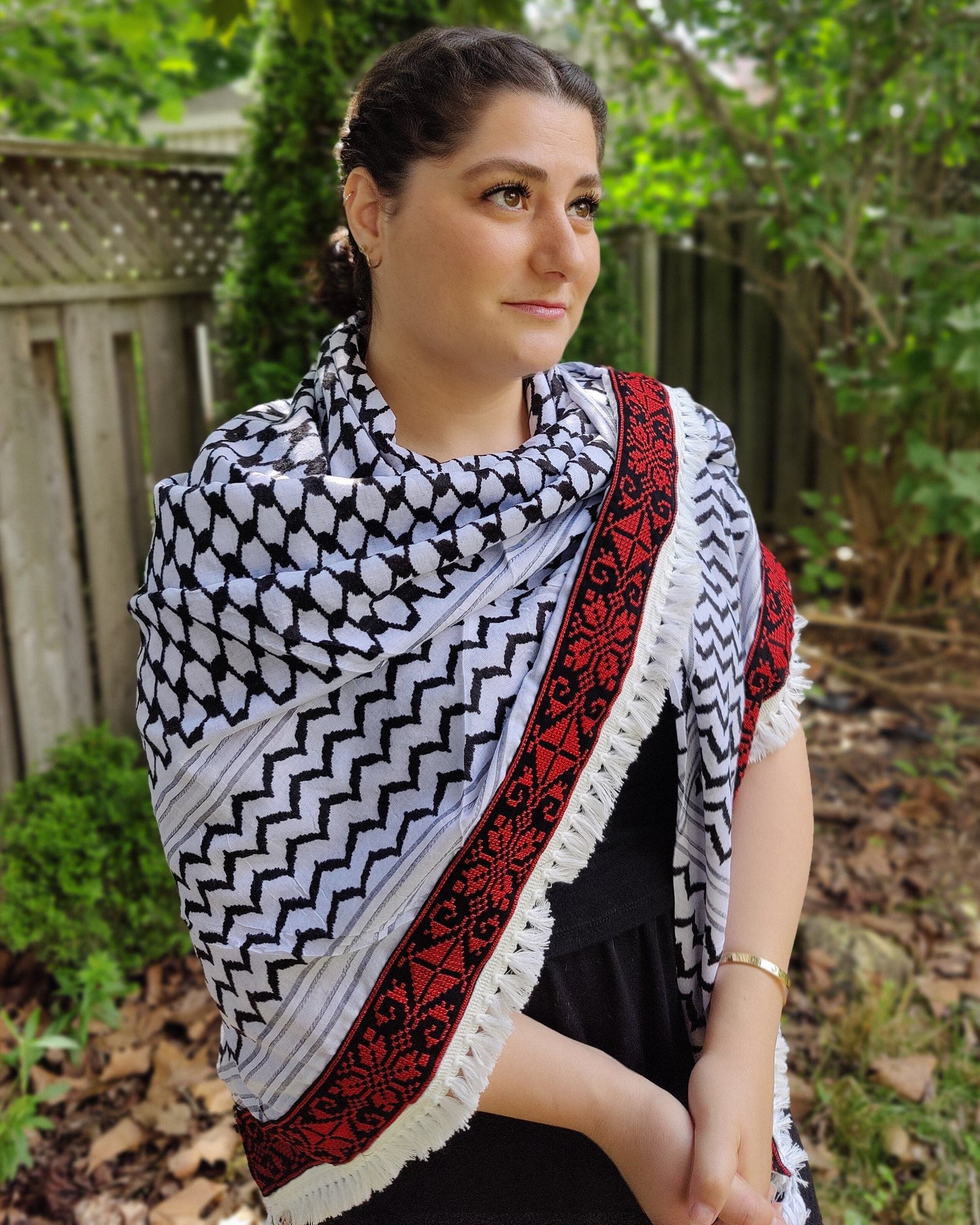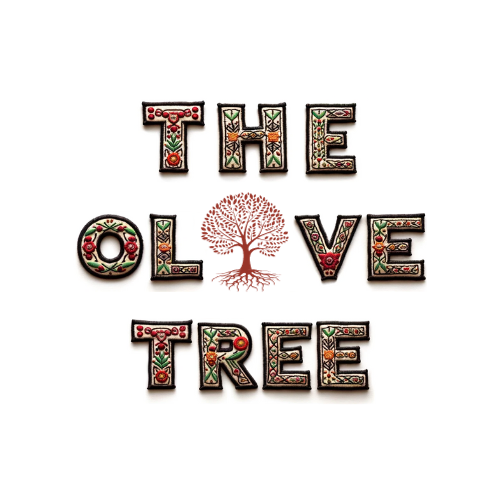“Why Didn’t You Just Leave?” — Ghassan Kanafani and the Unbreakable Spirit of Palestine

4 min read
"You don’t leave your homeland. You struggle for it.” — Ghassan Kanafani
In 1970, Ghassan Kanafani — Palestinian writer, revolutionary, and spokesperson for the Popular Front for the Liberation of Palestine (PFLP) — sat across from a European journalist, visibly calm, visibly grounded. What unfolded in a few minutes of conversation became one of the most iconic televised moments of Palestinian political clarity.
When asked why Palestinians didn’t simply negotiate with Israeli leaders, Kanafani replied:
“You don’t mean ‘peace’. You mean surrender.”
“We are always asked to negotiate — but between the sword and the neck, there is no negotiation.”
When asked:
“Why don’t you just leave? Find another country to live in?”
Kanafani answered:
“You mean, why don’t I become a refugee? I am from Haifa.”
No anger. No theatrics. Just a clear and unwavering rejection of erasure.
Kanafani’s resistance wasn’t abstract — it was embodied. He was expelled from his home during the Nakba. He saw his people scattered across refugee camps and occupied cities. And yet, he stood firm in his truth: that to be Palestinian is not simply to suffer, but to refuse. To refuse disappearance. To refuse surrender. To refuse the rewriting of history.
The interview was cut short.
Just like our history has been interrupted.
Just like ceasefires silence the violence without ending the cause.
Just like our stories are censored, cut, distorted.
But Kanafani’s words remain.
📚 Who Was Ghassan Kanafani?
- Born in Akka, 1936 — expelled during the Nakba in 1948
- Novelist, journalist, political thinker, and revolutionary
- Spokesperson for the Popular Front for the Liberation of Palestine (PFLP)
- Author of Men in the Sun, Returning to Haifa, and The Land of Sad Oranges
- Assassinated by Mossad in 1972 via car bomb in Beirut, alongside his 17-year-old niece, Lamis
Kanafani’s writing gave voice to the voiceless: the refugee, the exiled, the fighter, the mother who remembers. His literature was resistance — not as metaphor, but as method.
💬 Why This Still Matters
When you watch Kanafani speak, you see more than a man, you see a mirror.
A mirror held up to a world that still asks Palestinians to be polite while they are being erased.
Kanafani’s refusal wasn’t loud.
It was unshakable.
And like the keffiyehs we wear and the embroidery we pass down, his resistance lives on, in every word, every thread, every act of return.
Kanafani wasn’t just a writer.
He was a frontline.
Watch the full ABC Australia Interview here.

